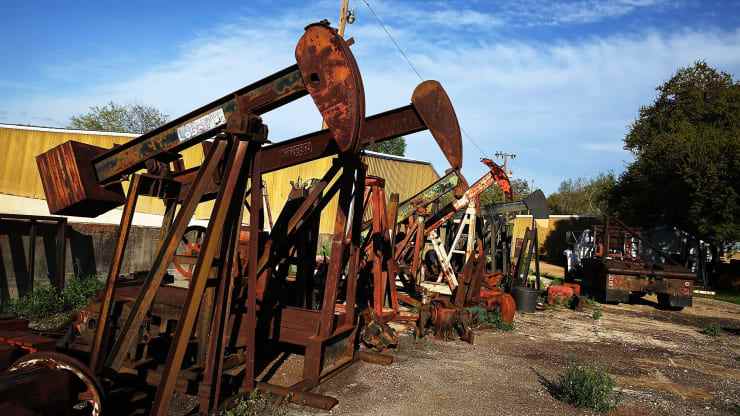Oil Rises 1%, Snapping 5-Day Losing Streak
Oil
futures rose 1% Tuesday after a five-day losing streak as OPEC sources said the
group and its allies might tighten the market amid fears that the coronavirus,
which has claimed over 100 lives in China, could weigh on oil demand.
Brent
crude, which oscillated between positive and negative territory, gained 59 cents,
or 1%, to trade at $59.91 per barrel, having hit a three-month low of $58.50 on
Monday.
U.S.
West Texas Intermediate rose 53 cents, or 1%, to trade at $53.67 per barrel,
after slipping to its lowest since early October in the previous session. Both
contracts are still on track for their worst monthly falls since May.
The
United States and other countries warned against travel to China as the
coronavirus death toll rose to more than 100 within China and after the virus
was detected in more than a dozen other countries.
Japan,
one of the world’s top oil buyers, warned about the risks to its economy from
the virus, which has turned investors towards safe-haven assets such as U.S.
Treasuries or gold.
Oil
investors are concerned the outbreak could dampen demand for crude and related
products against a backdrop of plentiful supply.
In
Asia, jet fuel prices dropped and refiners’ profits for the product slumped to
the lowest in more than 2-1/2 years as industry analysts cut 2020 forecasts for
jet fuel and overall oil demand.
“If
air passenger traffic in China declined by half in the first quarter of 2020,
it would likely lead to a 300,000 barrel per day (bpd) year-on-year decline in
jet-kerosene demand from China,” Barclays said in a note.
The
bank said on Tuesday it saw a $2 per barrel downside to its full-year Brent and
TWI forecasts of $62 and $57 per barrel, respectively.
Saudi
Arabia, de-facto leader of the Organization of the Petroleum Exporting
Countries, sought to calm market jitters on Monday – urging caution against
gloomy expectations on the impact of the virus on the global economy and oil
demand.
But
OPEC officials have also started weighing their options, which include extending
current oil output cuts until at least June, with the possibility of deeper
reductions if oil demand in China is heavily hit by the virus, OPEC sources
said.
Meanwhile,
Libyan output has fallen nearly 75% to just below 300,000 bpd amid the most
extensive oil blockade for years.
“Oil
producers are ready to act, therefore the bottom cant be far, right?” said
Tamas Varga, oil analyst at PVM.
“Especially that there is no sign of normalisation of the situation in Libya. The blockade on oil ports continues, storage tanks are full and output is plunging… This is another powerful argument to call the bottom (of the market).”
